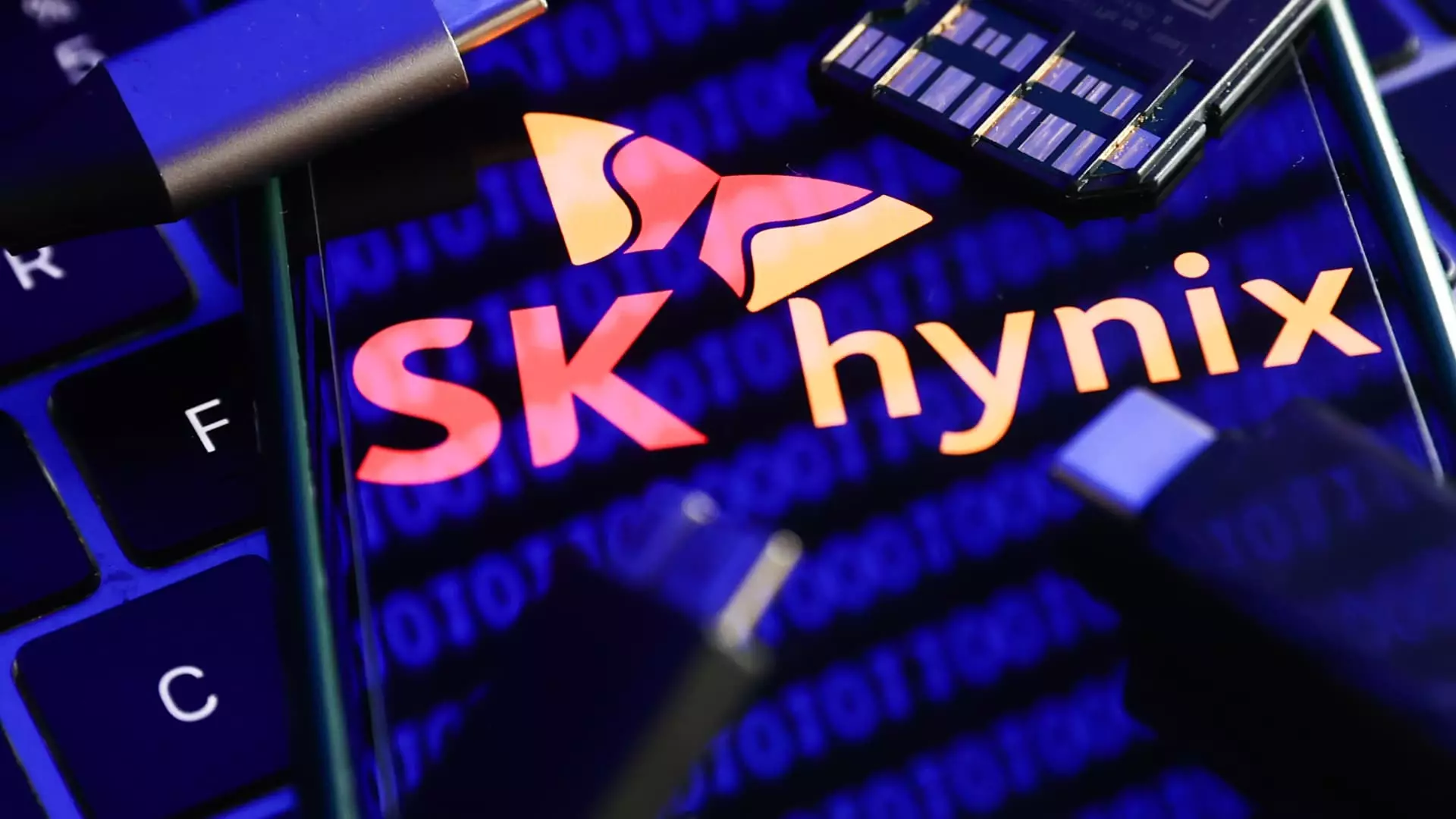Memory chip giant SK Hynix has announced its plans to invest 9.4 trillion Korean won ($6.8 billion) in building a new semiconductor manufacturing plant in South Korea. The fabrication plant, also known as a fab, will be located in South Korea’s Yongin Semiconductor Cluster, just south of Seoul. This move comes as part of the government’s efforts to establish a large complex of chip operations in the region.
This new manufacturing plant will be SK Hynix’s first facility in the Yongin cluster. Construction is scheduled to commence in March next year, with the project expected to be completed by May 2027. SK Hynix is recognized as one of the top three memory chip manufacturers globally, supplying chips for a wide range of devices, from laptops to servers. The company has been particularly successful with its high-bandwidth memory, a product supplied to Nvidia.
Earlier this year, SK Hynix announced a commitment of 120 trillion won to build four fabs in the Yongin cluster, of which the newly planned facility is a part. The significant investment highlights both the company’s and the South Korean government’s dedication to maintaining the country’s leadership in the memory sector, crucial for artificial intelligence applications. Seoul has allocated substantial funds to support its semiconductor endeavors, recognizing the strategic importance of the technology at a global scale.
SK Hynix’s partnership with Nvidia and its focus on AI technologies have contributed to its recent success. The company reported its second-quarter profit as the highest in six years, indicating the positive impact of riding the AI wave. With Samsung, the largest memory chip maker in the world, also headquartered in South Korea, the country continues to solidify its position as a key player in the semiconductor industry.
SK Hynix’s substantial investment in a new semiconductor manufacturing plant reflects its commitment to innovation and expansion in the ever-evolving chip market. By establishing a presence in South Korea’s emerging chip hub, the company aims to enhance its manufacturing capabilities and maintain its competitive edge in the global memory chip sector. This move also aligns with the government’s strategic efforts to bolster the semiconductor industry and advance the country’s position in cutting-edge technologies.


Leave a Reply